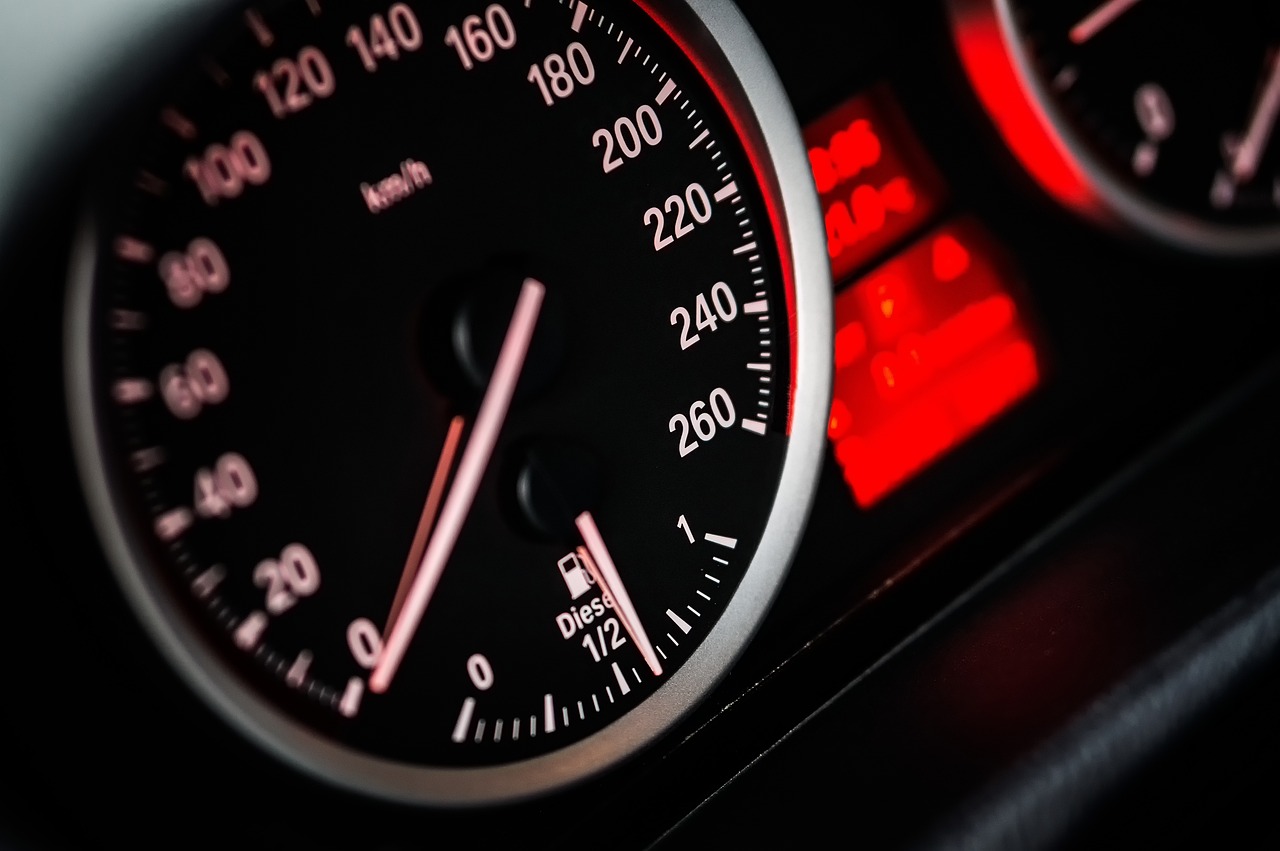Opt for External Financing Over Dealership Offers
A common early question from car salespeople is your plan for financing the purchase. A strategic response is to mention you’ll be paying “cash.” This doesn’t imply a physical stack of cash but signals you’re not interested in the dealership’s or manufacturer’s financing options.
Though dealer financing might seem convenient, especially for those with excellent credit looking to upgrade their vehicle, it’s often not the most economical choice. Credit unions and banks frequently offer more advantageous terms. By stating upfront that you’re not considering the dealer’s financing, you prevent potential overcharging and can concentrate on negotiating the car’s price and features.
Explore Various Financing Avenues
It’s crucial to evaluate all possible payment methods. For example, compare the financial implications of selling an asset versus taking on a loan with a 7% interest rate. Though it might seem unfavorable at first, assessing all avenues allows you to choose the most cost-effective option.
Consider Certified Pre-Owned Vehicles
“Certified pre-owned” vehicles are a compelling option. These used cars come with additional assurances about their condition, having been thoroughly inspected and repaired if necessary. They also feature a manufacturer-backed warranty, offering peace of mind and reliability.
Steer Clear of Leasing
Leasing is akin to an extended car rental. At the end of a lease, you must either return the vehicle or purchase it at a pre-agreed price, which can be more expensive than buying a similar used car outright. In contrast, financing a purchase means the car is yours once you’ve completed the loan payments, often making it a more financially sensible decision.

